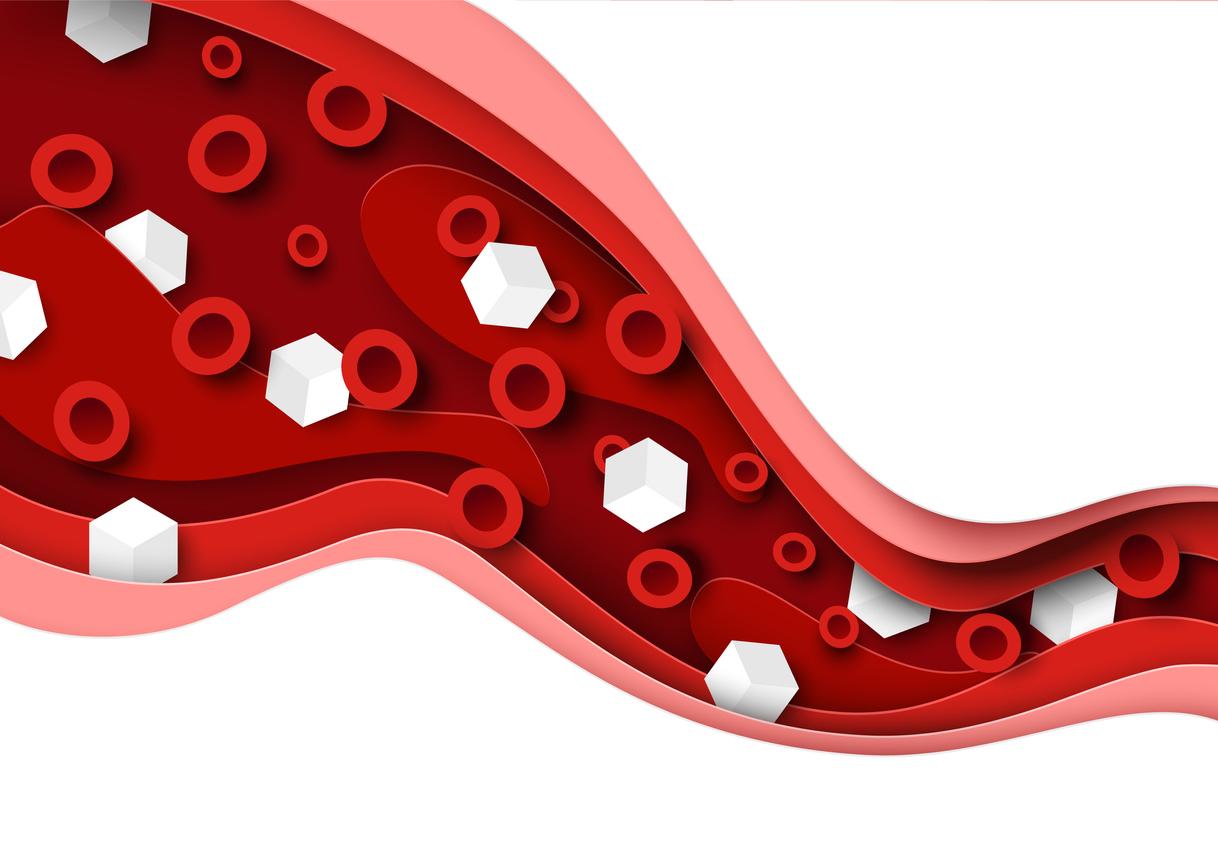A cholesterol medication could reduce the level of “perennial pollutants” (PFAS) in the blood, according to a new Danish study.

- PFAS (per- and polyfluoroalkyl substances) are chemicals suspected of being linked to several diseases including cancers.
- According to a Danish study, a cholesterol-lowering drug could help eliminate PFAS present in the blood more quickly.
- This treatment could be of interest for women of childbearing age. This would reduce the transmission of pollutants to fetuses.
Danish researchers have found a way to combat PFAS (per- and polyfluoroalkyl substances), these specific chemical substances used in many everyday products that pollute the environment and our bodies. A clinical trial shows that a cholesterol medication can reduce the amount of “perennial pollutants” in the blood by 60% in three months.
The results appeared in the March 2024 issue of the scientific journal Environment International.
Eternal pollutants: anti-cholesterol treatment helps eliminate them 20 times faster
For this study, researchers brought together 45 participants who had higher than normal levels of perfluorooctane sulfonic acid (PFOS; a PFAS substance) (median level of 191 ng/mL versus 21 ng/mL). Some had to take an anti-cholesterol (cholestyramine 4 g three times a day) for 12 weeks and the others did not.
Analyzes showed that the amount of PFAS in the blood of people who took the drug decreased. “The effect of the treatment results in a drop (in the level) in the plasma of 63%, which corresponds to approximately a drop of 3% linked to the passage of time and of 60% thanks to the treatment”, explained Morten Lindhardt, doctor at Holbaek Hospital and leader of the study. Researchers estimated that the cholesterol-lowering drug helped remove pollutants from the blood 20 times faster.
PFAS: an interesting drug for women of childbearing age
Although the cohort is small, scientists ensure that the results remain significant and interesting in the fight against these “eternal pollutants”. In addition, they add that the treatment could not be taken by the entire population. “If you continue to be exposed, I don’t think you need to do this treatment all the time because of the side effects.” (skin rash or abdominal pain, Editor’s note), Morten Lindhardt admitted to AFP.
For him, the drug would, however, be interesting for women with “baby” plans. This would reduce the risk of transmitting high levels of PFAS to the unborn child. “It could break the chain of transmission to the future generation”concludes the doctor.

















